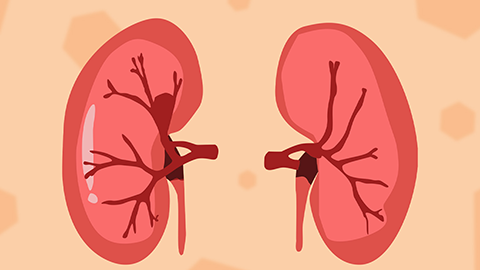What are the early symptoms of kidney cancer?
Generally, early-stage renal cancer presents various obvious symptoms, including hematuria, flank pain, abdominal mass, weight loss, and fatigue. If discomfort symptoms occur, it is recommended to seek timely medical consultation and treatment at a qualified hospital. Detailed analysis is as follows:
1. Hematuria
The kidneys are organs responsible for urine production. When renal cancer tumors invade the mucous membranes of the renal calyx or renal pelvis, they can cause mucosal damage and bleeding, resulting in blood mixing with the urine to form hematuria. Patients may notice red or pink-colored urine during urination. In some cases, the color change may not be obvious and microscopic hematuria can only be detected through laboratory tests.

2. Flank Pain
As renal cancer tumors grow larger, they may stretch the renal capsule or invade surrounding tissues and nerves, causing flank pain. The pain is usually described as dull or aching and lasts for a prolonged period. Some patients may experience increased pain after strenuous activity, which is difficult to completely relieve even after rest.
3. Abdominal Mass
With continuous tumor growth and increasing volume, some patients may feel a firm mass in the flank or upper abdomen. The mass is usually deeply located and may be small and difficult to detect in the early stages. As the tumor progresses, the mass becomes more apparent and may be accompanied by slight tenderness upon palpation.
4. Weight Loss
Renal cancer is a malignant tumor, and cancer cells consume large amounts of energy and nutrients from the body. Additionally, it may affect the patient's digestion and absorption functions, leading to insufficient nutrient intake and subsequent weight loss. Patients may experience significant weight reduction within a short period, often accompanied by reduced appetite.
5. Fatigue
Due to tumor consumption, inadequate nutrient supply, and possible mild anemia, patients with renal cancer may suffer from energy deficiency, leading to fatigue. Patients often feel weak and tired easily after daily activities, and it is difficult to recover energy even after rest.
In addition, some patients may also experience symptoms such as fever and hypertension. If any of the above symptoms are noticed, prompt medical consultation and examination are recommended to achieve an early diagnosis and initiate treatment promptly, avoiding delays in disease progression.





